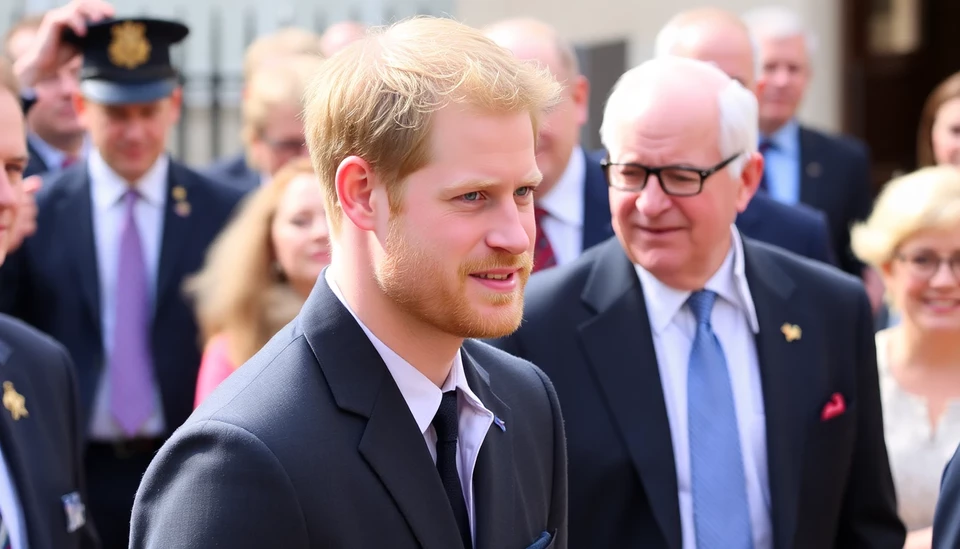
In a significant policy shift, the UK government is contemplating an increase in the limit on foreign state ownership of domestic media entities. This potential move comes as part of a larger effort to modernize regulatory frameworks in response to evolving media landscapes and concerns regarding national security.
According to recent reports by the Financial Times, this proposal aims to amend the current regulation which restricts foreign governments from holding more than 49% of shares in UK media organizations. The deliberation arises amidst rising scrutiny over the influence of state-controlled foreign media and its implications for public discourse and democracy within the UK.
Officials are reportedly weighing the implications of higher caps on ownership, evaluating both the potential economic benefits of such a change and the risks associated with foreign influence over critical information channels. As the media environment rapidly transitions to digital formats, regulators are striving to adapt and address these emerging challenges effectively.
The discourse surrounding foreign ownership of media is not a new issue in the UK. It has gained renewed attention amid increasing tensions with countries whose state-controlled media outlets are seen as vehicles for propaganda. As a result, UK policymakers are keen to establish a clearer framework that balances the interests of foreign investment with sovereign control over national media narratives.
Government sources indicate that discussions are still in the preliminary stages, with various stakeholders, including media organizations and regulatory bodies, being consulted. The objective is to ensure that regulatory modifications foster a competitive media landscape while safeguarding public interests and national security.
Furthermore, experts on media law underscore that any adjustments to ownership regulations must be approached with caution. They point to the need for stringent oversight and transparency to prevent undue influence from foreign entities. The delicate balance of fostering foreign investment while protecting national values is a challenge that requires careful consideration.
In parallel with these developments, broader conversations about media integrity and the role of technology companies in news dissemination continue to evolve, reflecting a landscape in flux. The increasing reliance on digital media platforms raises additional questions about accountability and the need for robust regulatory measures to keep pace with technological advancements.
This initiative to potentially raise the cap on foreign ownership of UK media could lead to major shifts in the industry, generating both opportunities and concerns that policymakers will need to navigate thoughtfully. As conversations progress, the ramifications of such changes will undoubtedly have far-reaching consequences on free speech, public trust, and the diversity of media voices in the UK.
#UKMedia #ForeignOwnership #MediaRegulations #NationalSecurity #PublicInterest #MediaLandscape
Author: John Harris
